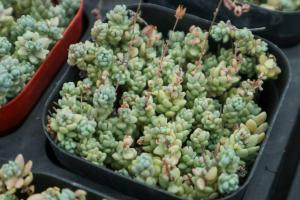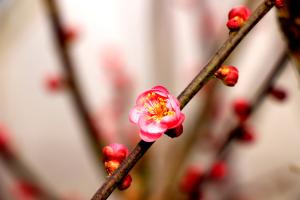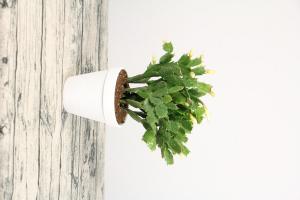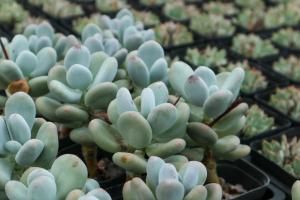Rose
1 pruning before flowering
After flower bud differentiation, branches will then grow many flower buds
Keep only one bud at the top of the branch and remove all the rest to concentrate nutrients, so that the bud at the top can be big and colorful
Cut off the bud except the top
▼

2 pruning after flowering
1. Cut off the remaining flowers
After the rose withers, the remaining flowers should be cut off to retain nutrients. You can cut off four or five leaves at the bottom of the flower branches. At the same time, make sure that the left buds grow outward
Cut off the flowering branches, sick and weak branches
▼
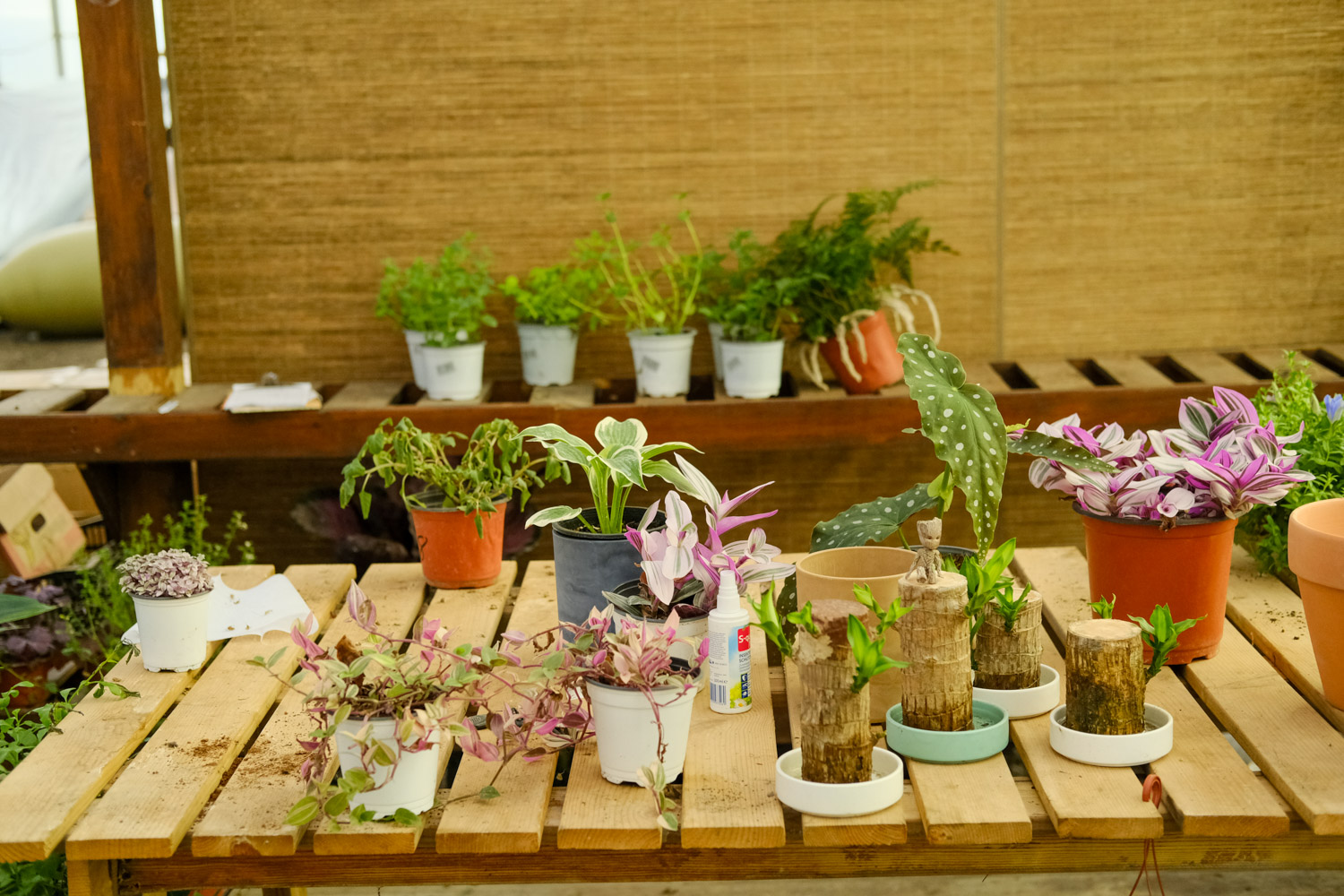
2. Branch pulling treatment
Sometimes, the branches of Chinese rose grow very dense, which will block the sunlight of other branches and is not conducive to photosynthesis. Therefore, the branch pulling treatment can be adopted
Tie the rope to branches 1, 2 and 3 as shown in the figure below, and then gently pull it down until the branch is on the same level as the D position I marked
▼
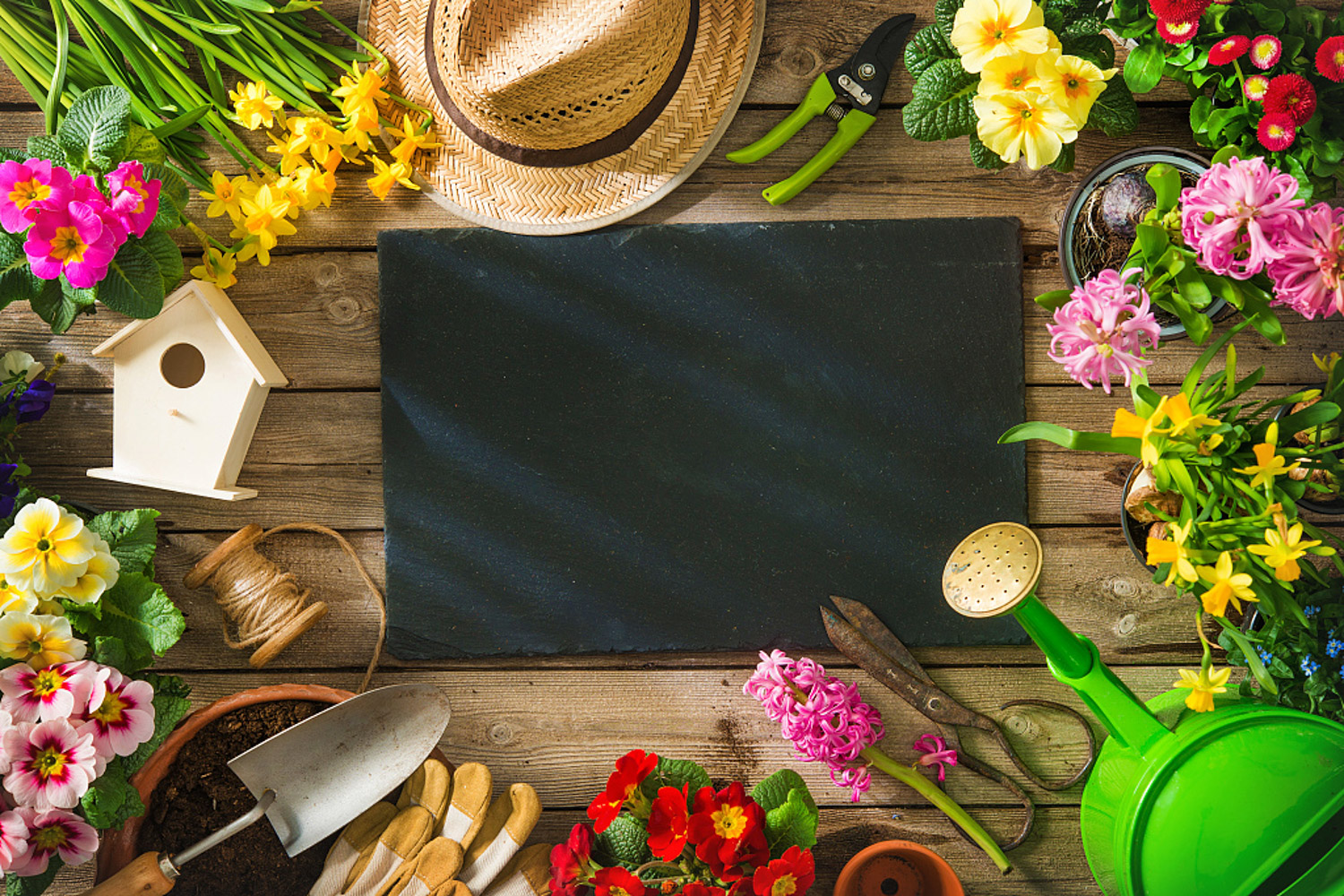
Result diagram
(in this way, the distance between branches is relatively large, which is conducive to photosynthesis and can bloom again soon)
▼
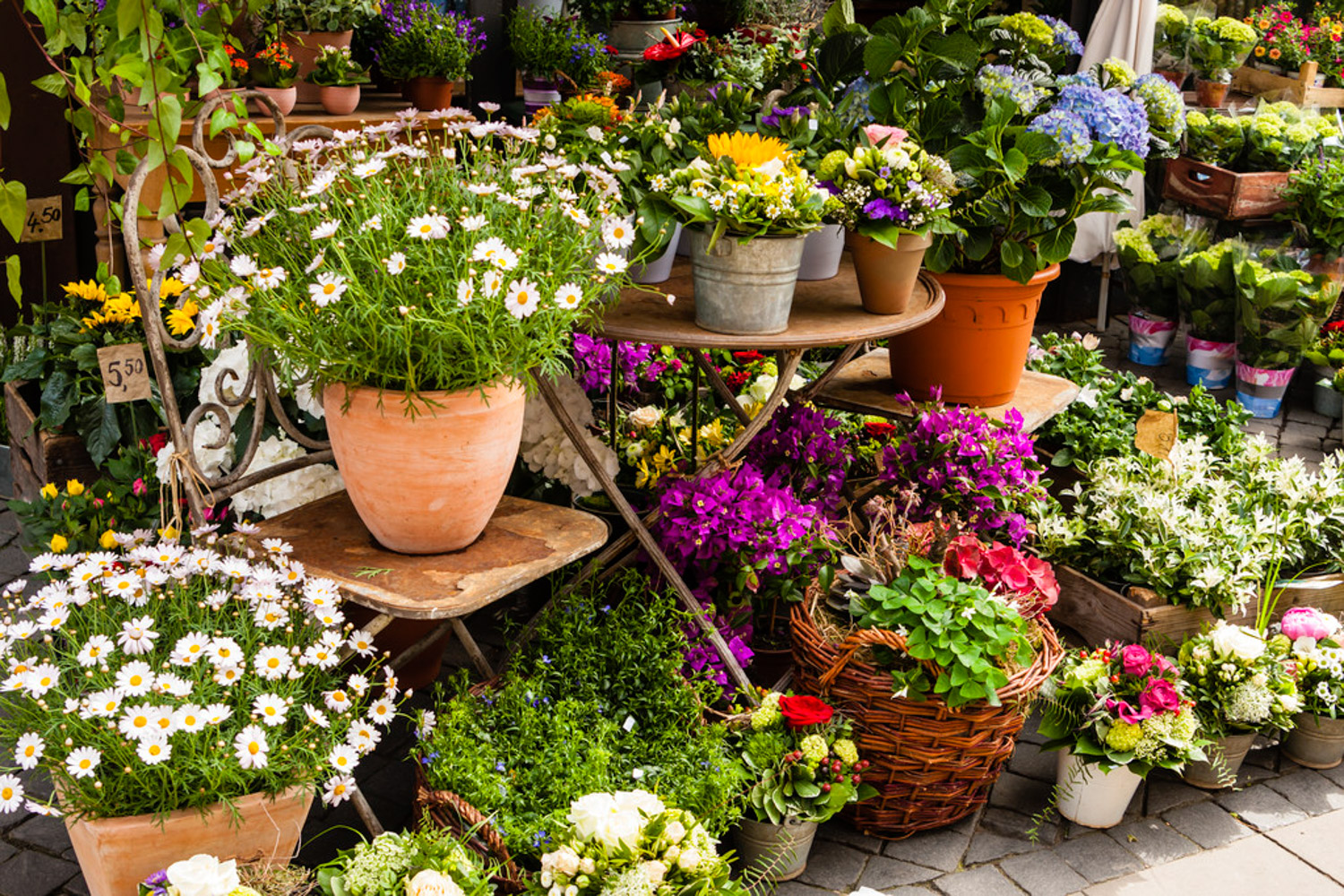
3 winter dormancy pruning
In winter, the rose will enter a dormant state. At this time, the rose can be re cut
When pruning, cut off all the branches above the ground without lignification. And all the leaves on the remaining branches should be cut off
Trimming diagram
▼
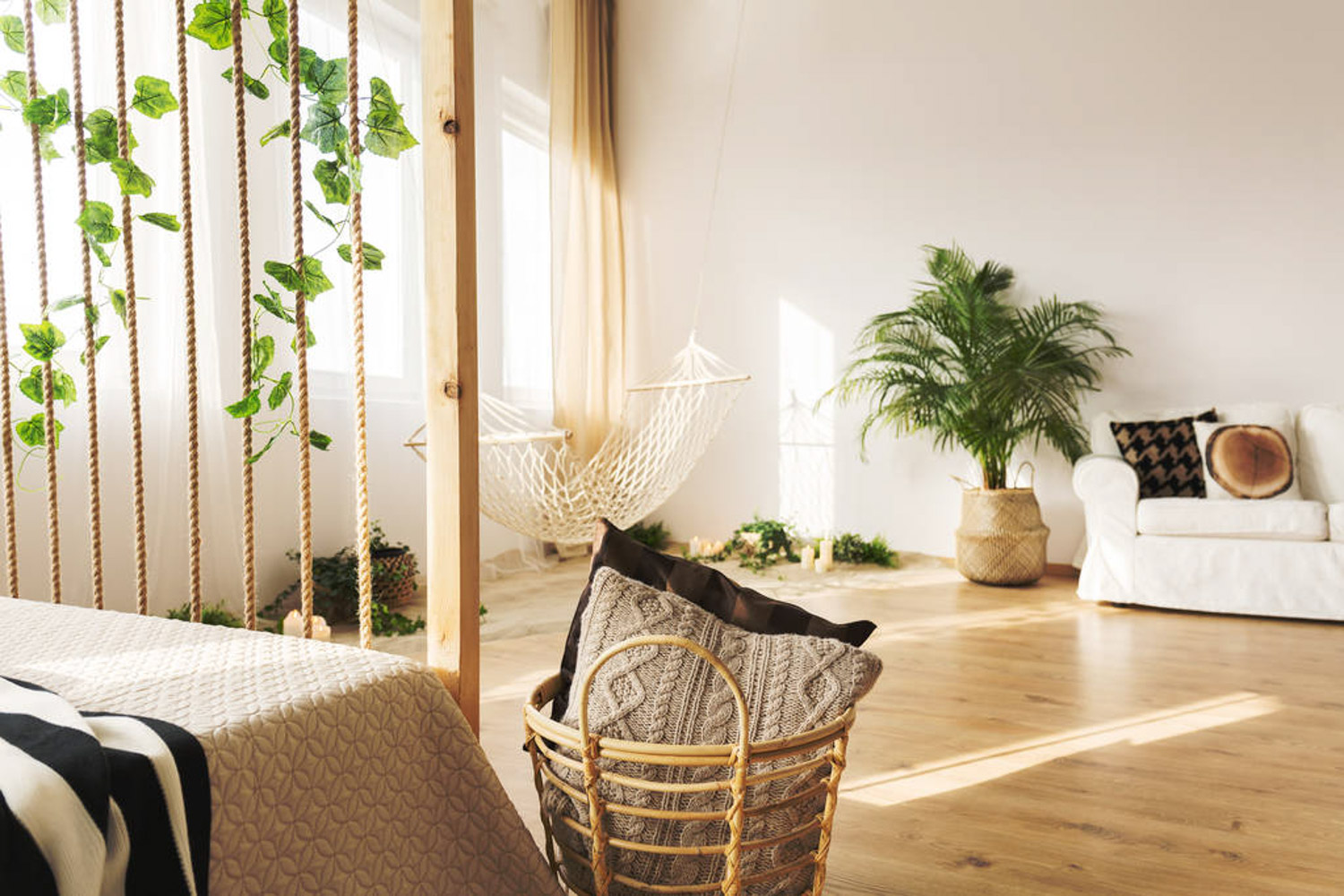
All parts above the red line can be cut off
Then cut the sick and weak branches short or directly
▼
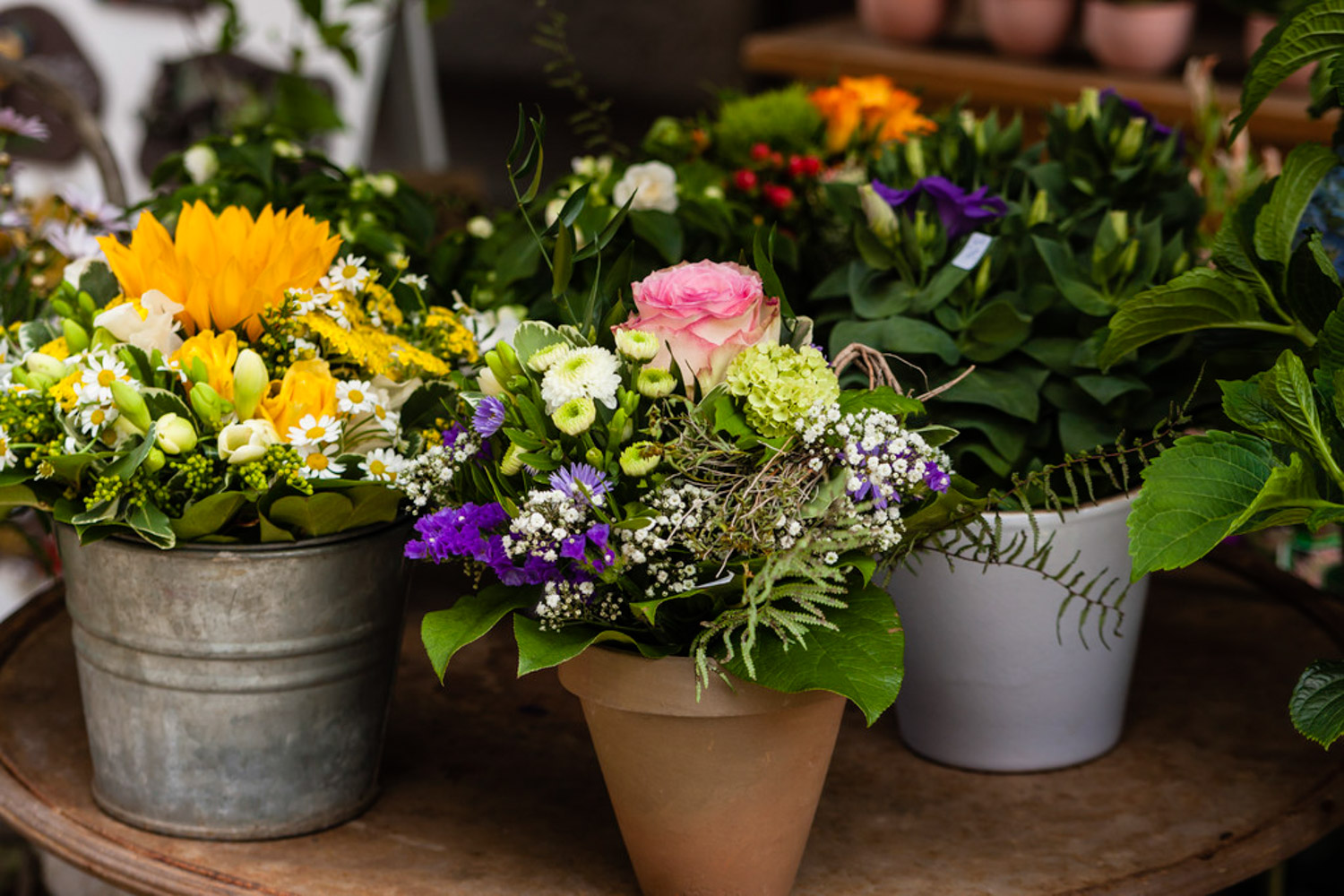
After pruning
▼
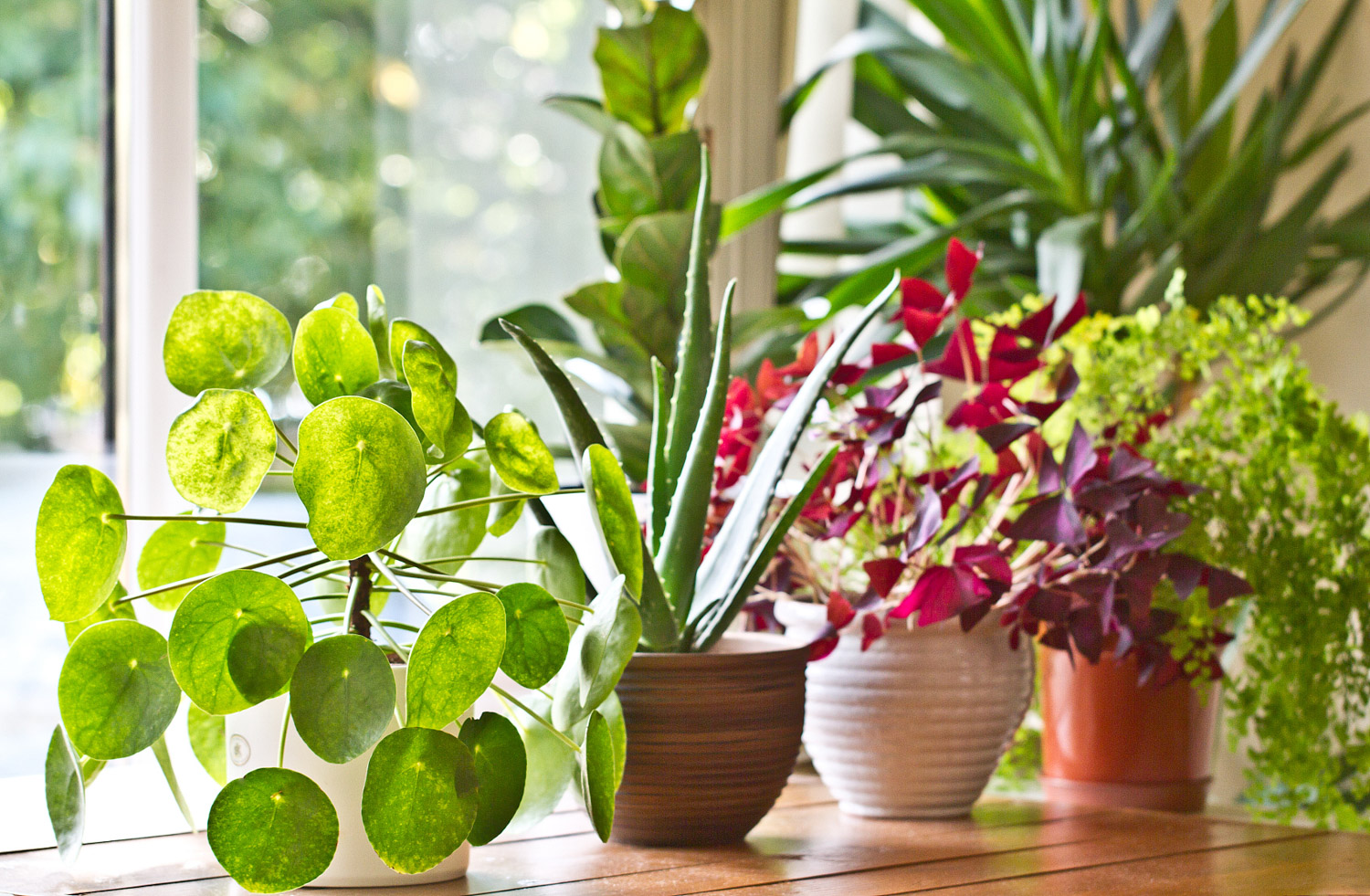
4 pruning in spring growth period
Since spring, the growth period of rose has come, and it is the period of axillary bud and flower bud differentiation, in order to make the flowers bloom big and fragrant
1. At the beginning, just keep two or three buds on each branch. Other buds that grow downward or inward choose to be cut off
Cut off the redundant lateral buds
▼
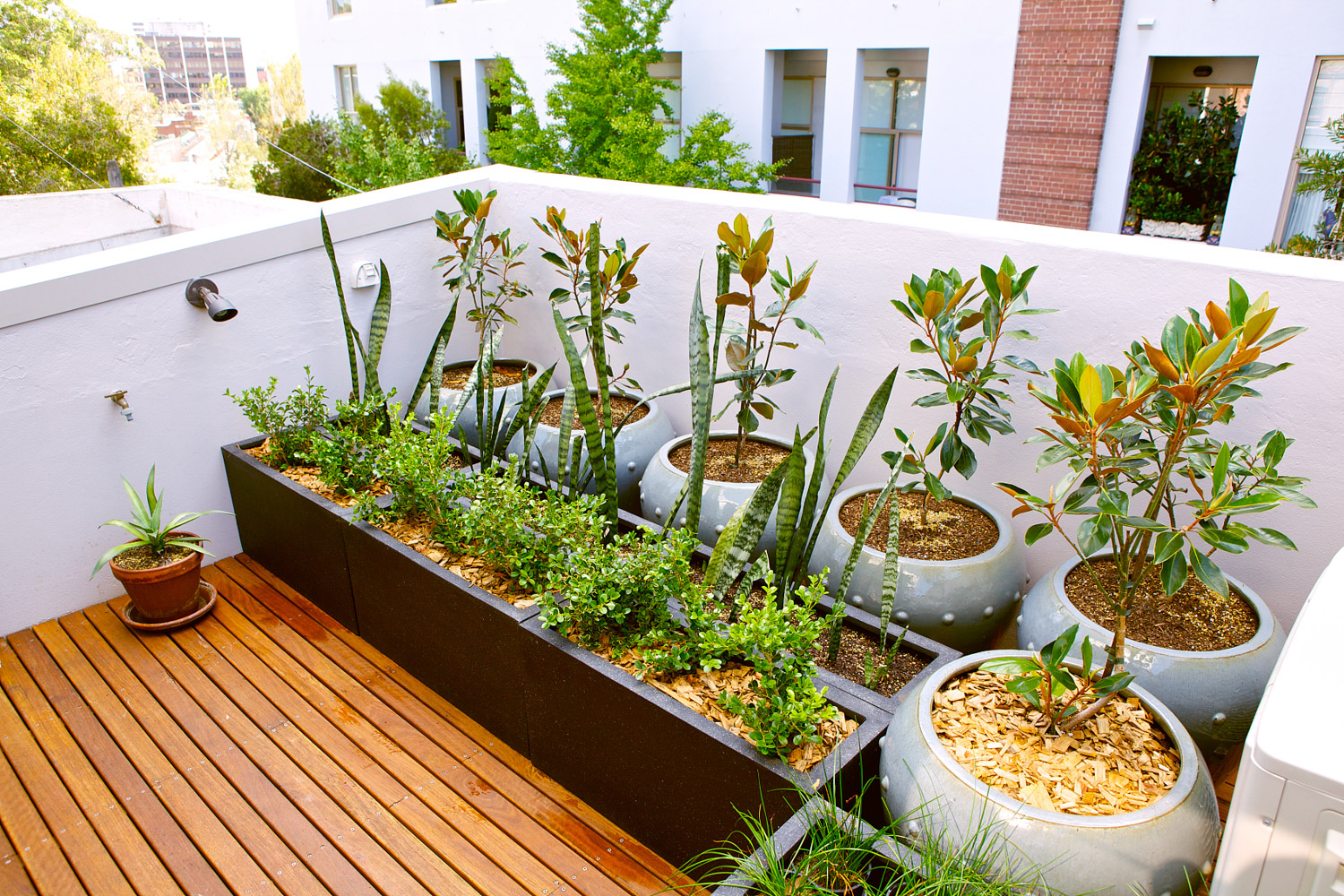
2. After a period of time, that is, when the new buds grow to about 2 ~ 3cm, compare the 2 ~ 3 buds left originally and choose the one with the best growth
If the branches are strong, one or two more buds can be left as appropriate, but all the others should be cut off, so that the nutrients of the plant can be more distributed to the original branches, so as to promote flower bud differentiation
Each branch retains 1 ~ 2 buds
▼
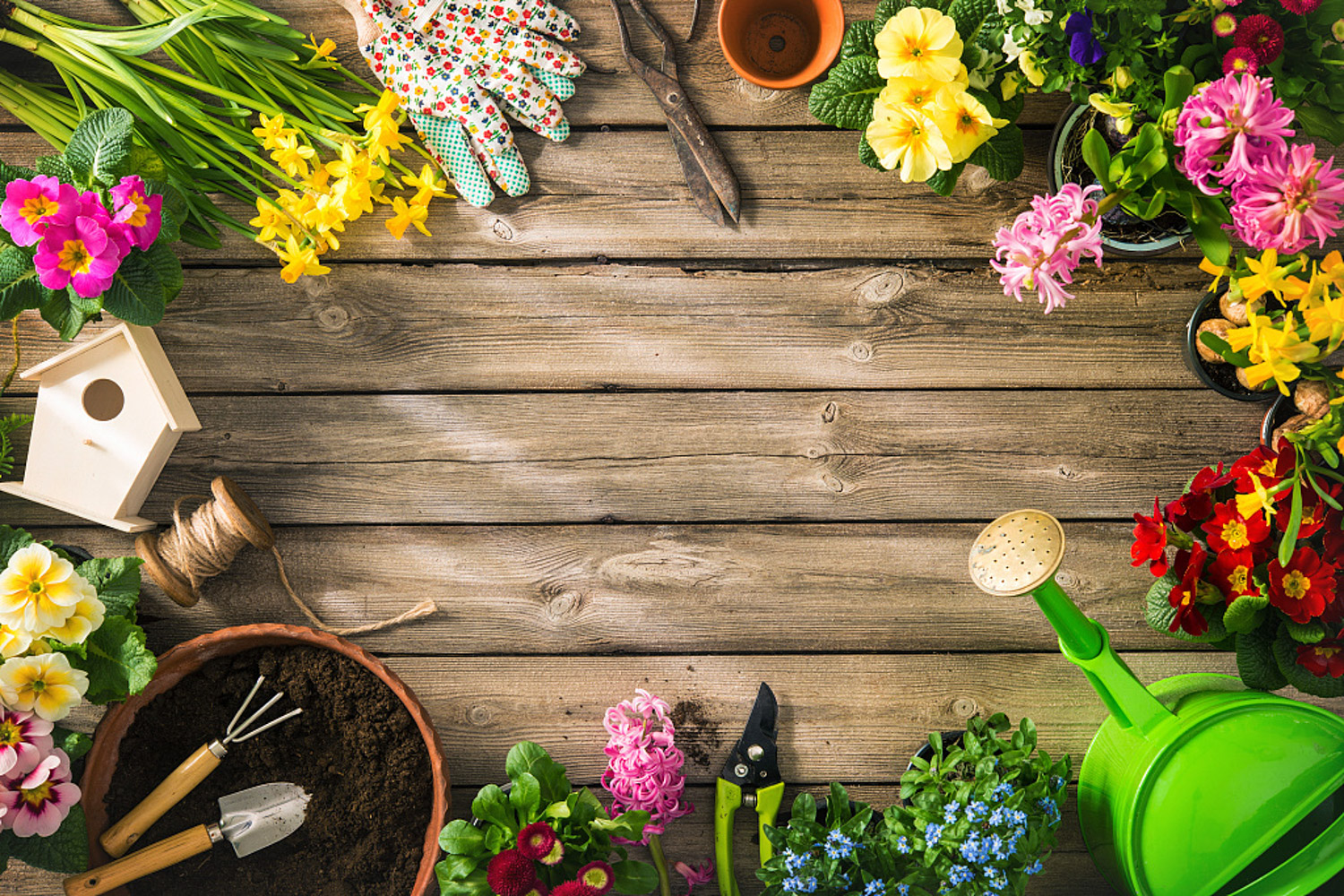
Gardenia
1. Pruning during growth period
1. Cut off the weak branches. Gardenia will grow a lot of side buds during its growth, and then the side buds will become side branches. Keeping these side branches is a waste of nutrition, so we must cut them off in time
Cut off the thin branches
▼
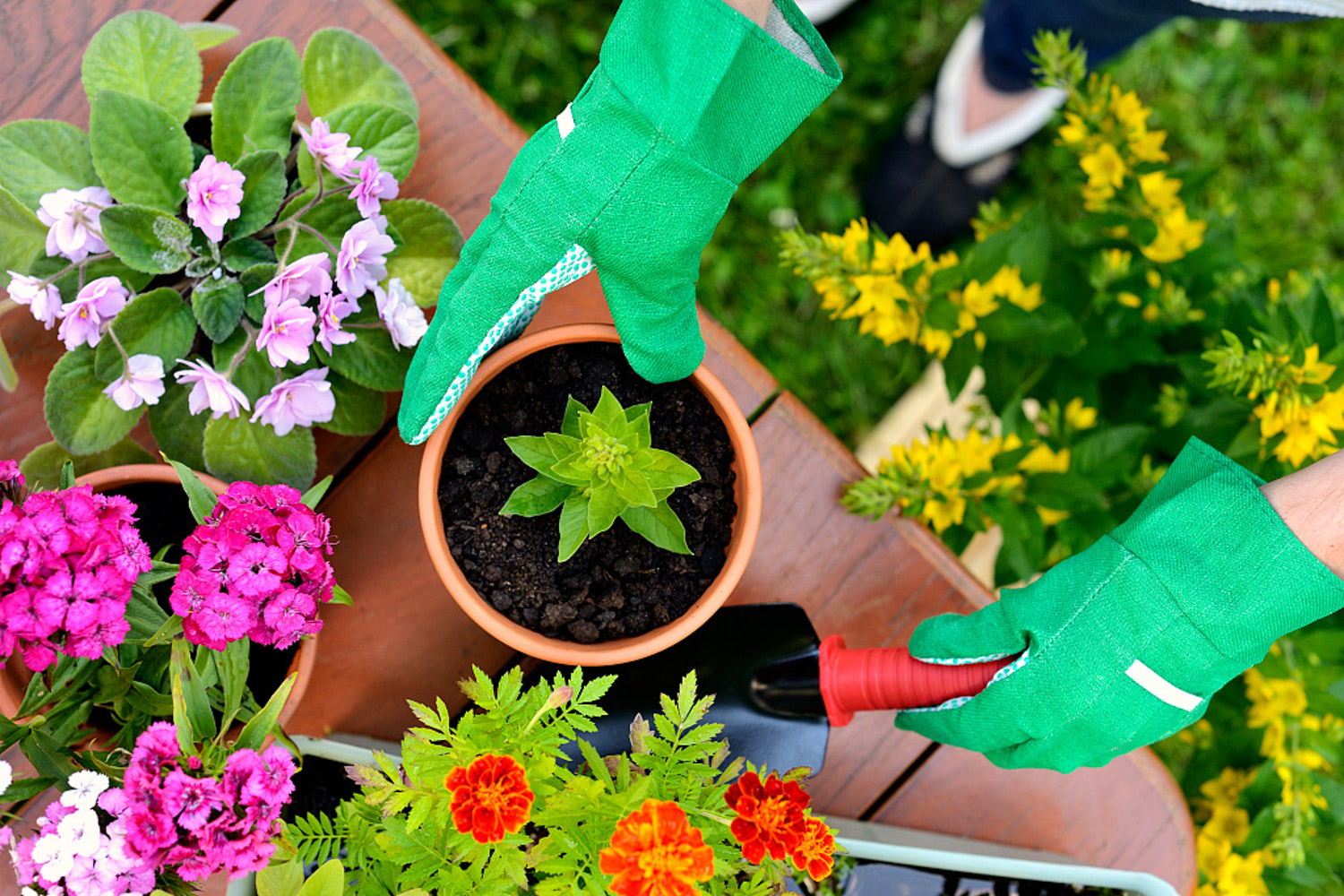
2. Cut off the overlapping branches. The overlapping branches mainly appear in the Gardenia pot. If they are not cut off, the branches will be too dense, which will block the light and is not conducive to the photosynthesis of the leaves
Cut off overlapping branches
▼
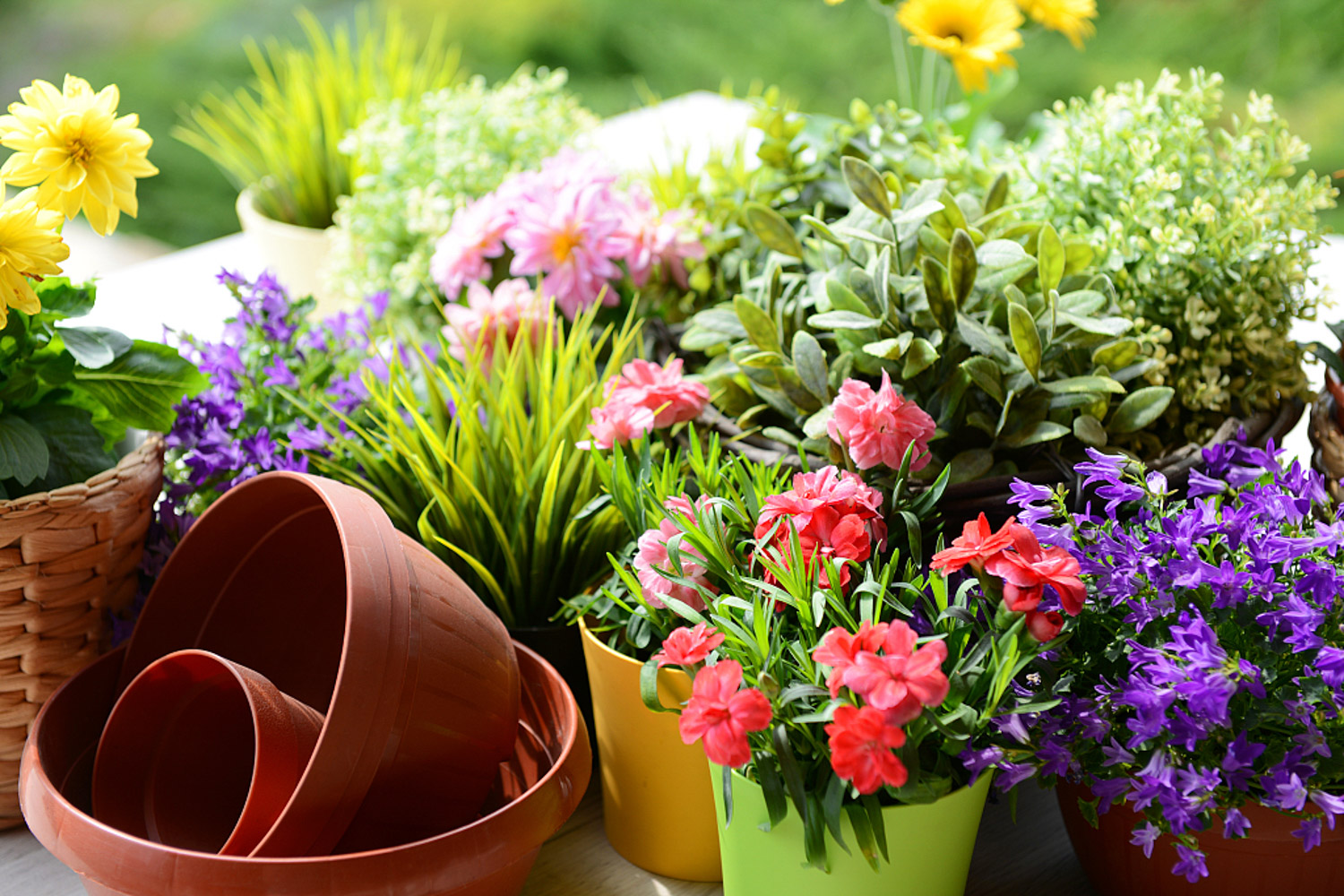
2 pruning before flowering
1. Cut off the buds around the flower bud, because they will compete with the flower bud for nutrients
Cut off the buds
▼

2. Topping
If you want Gardenia to blossom more, you should topple and pick the heart, that is, remove the buds on the top. See the following figure for the specific pruning position
Trim position
▼
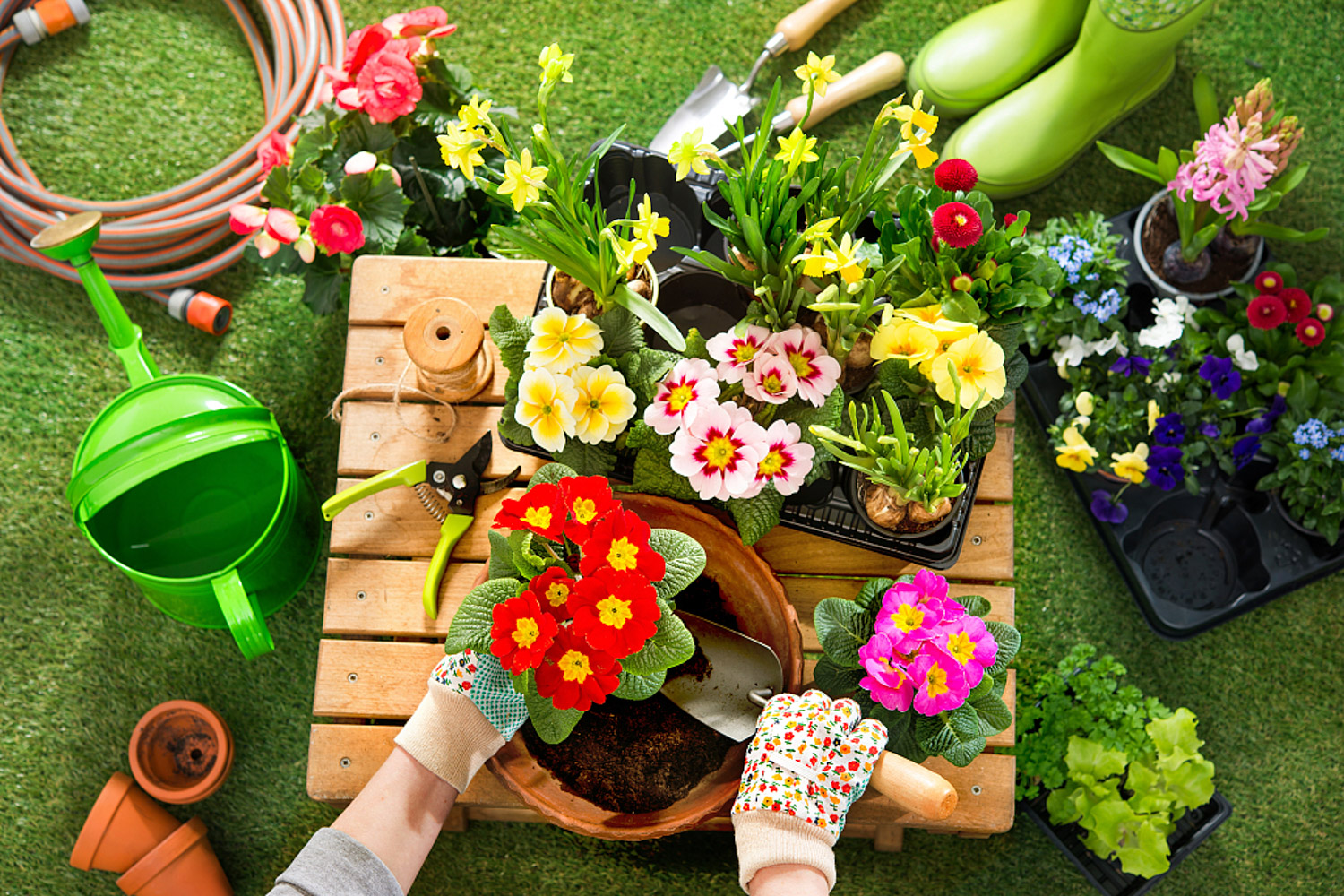
After trimming flowers 3
After the Gardenia blooms, cut it off in time. First, it is to reduce salt consumption and second, it can promote the germination of new buds
When pruning, count down from the residual flowers and start pruning under the second pair of leaves
Trim position
▼
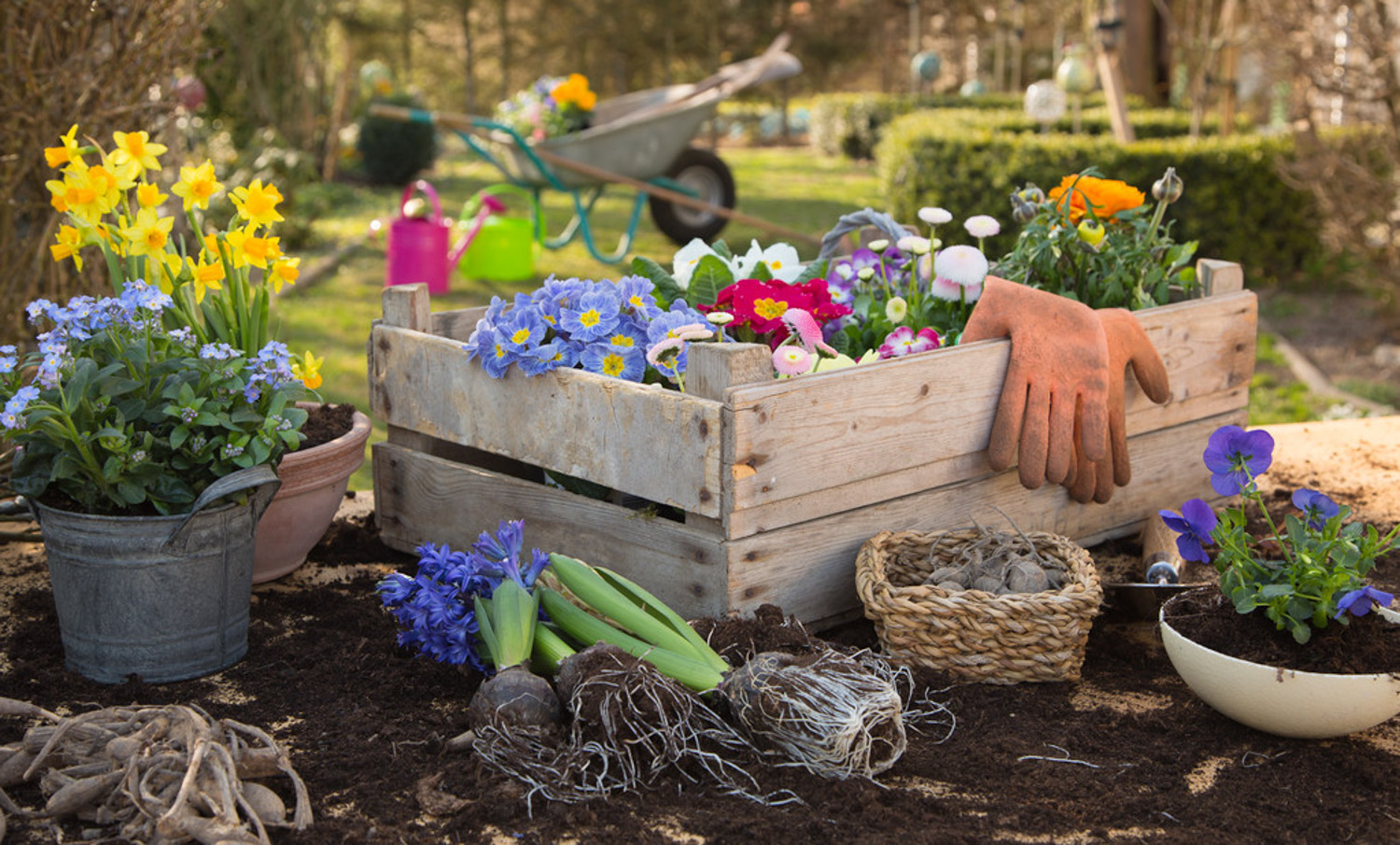
Cropped picture
▼
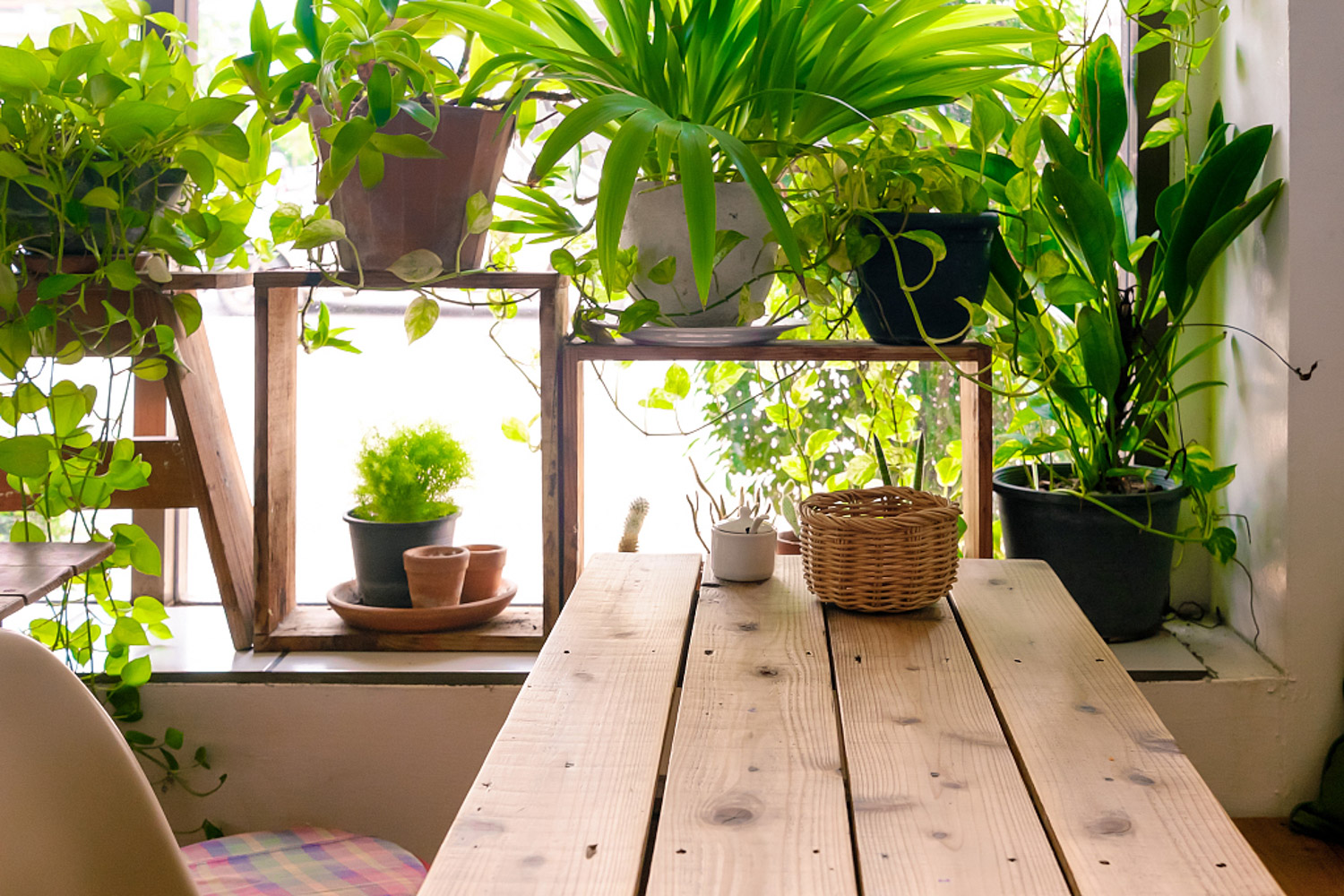
4 double shear
If the shape of gardenia is not good-looking, you can choose to re cut it after flowering, because Gardenia only blooms in spring. After re cutting in spring, summer and autumn are just the growth period of gardenia, which can slow down quickly
Before pruning
▼
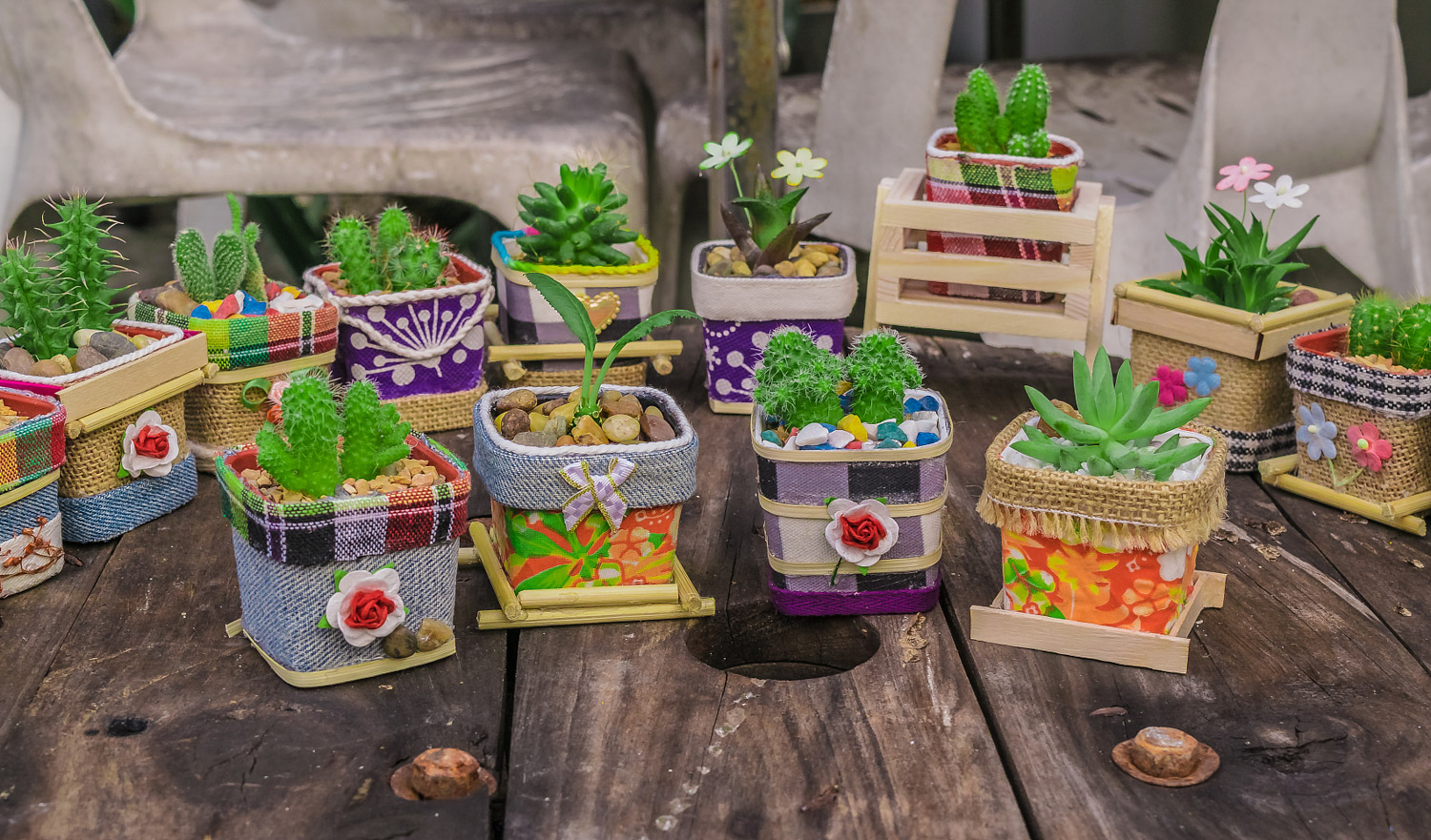
After pruning
▼

Jasmine
1. Pruning in late autumn and early winter
From the end of August to the end of September, it was basically intermittent, and the last wave of jasmine bloomed
This time, we must cut the remaining flowers gently. Just cut off the flowers. We need to keep some strong branches for overwintering
Before pruning
▼
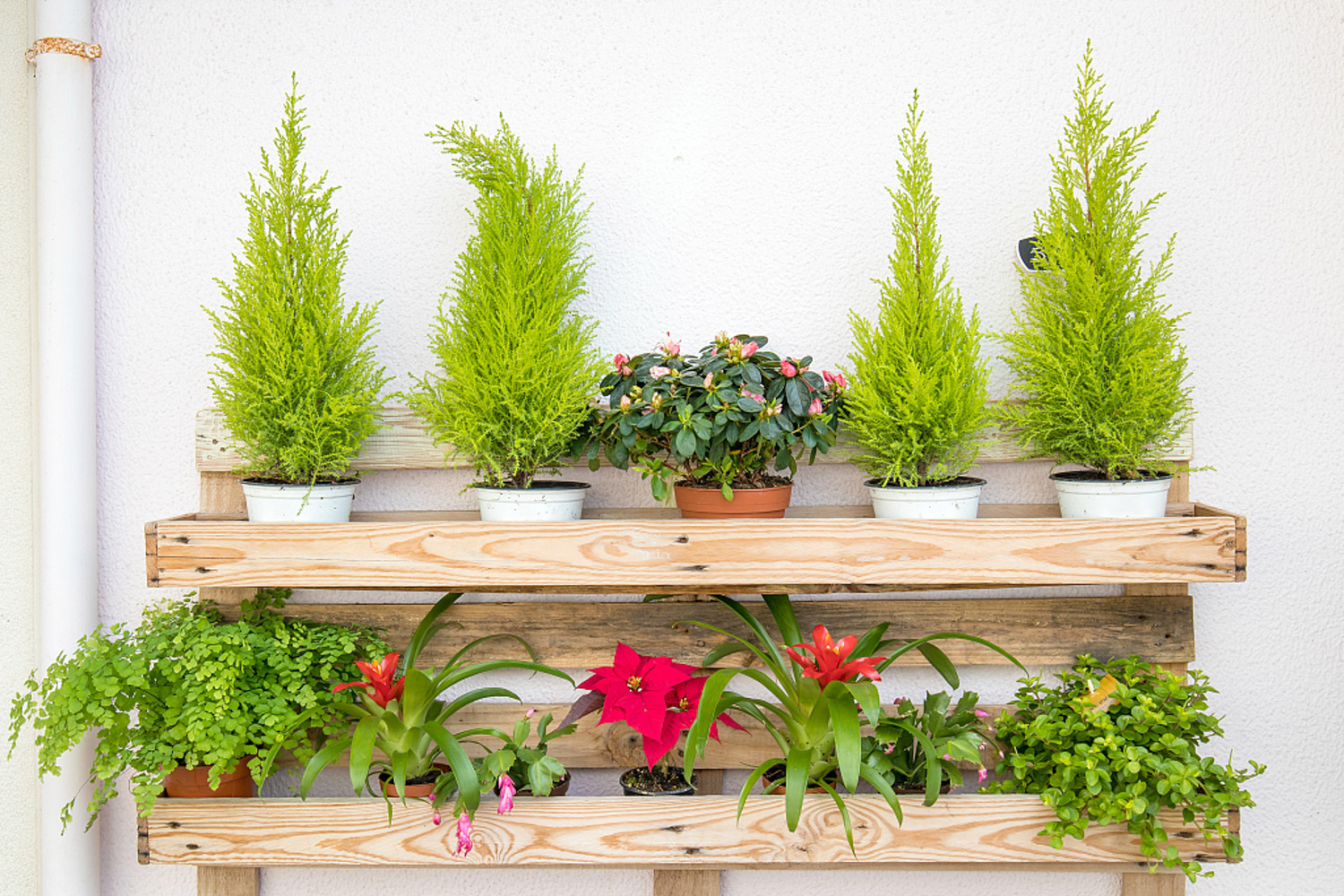
After pruning
▼
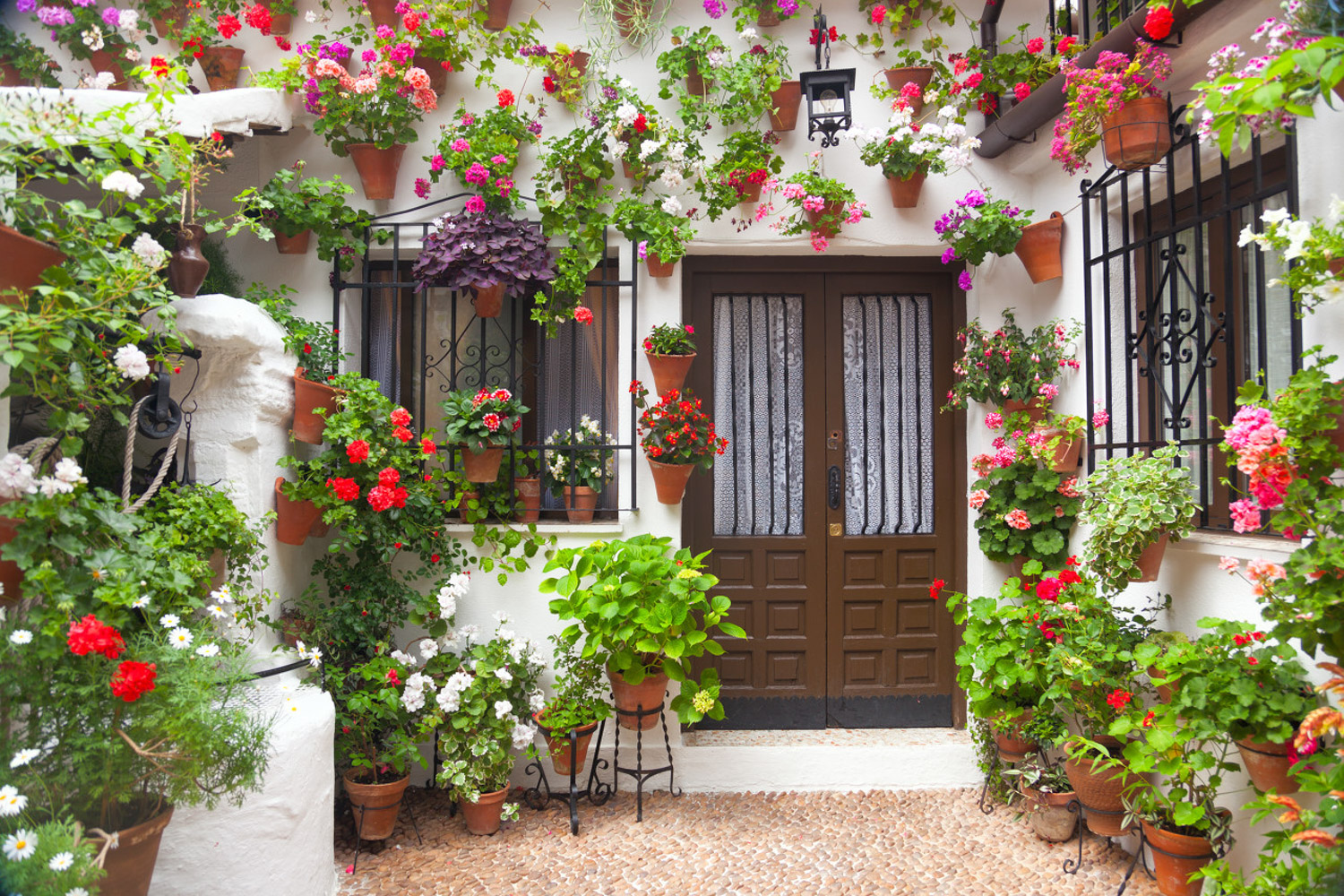
2. Pruning during growth period
Every spring, jasmine enters the growing season, but after a long winter, jasmine will inevitably produce some pest branches, thin branches, bare branches, overlapping branches and so on
So at the beginning of spring, you can shave jasmine's head and cut off all the branches that have problems. Don't be soft! With the increase of temperature, the branches of jasmine will germinate soon
Before pruning
▼
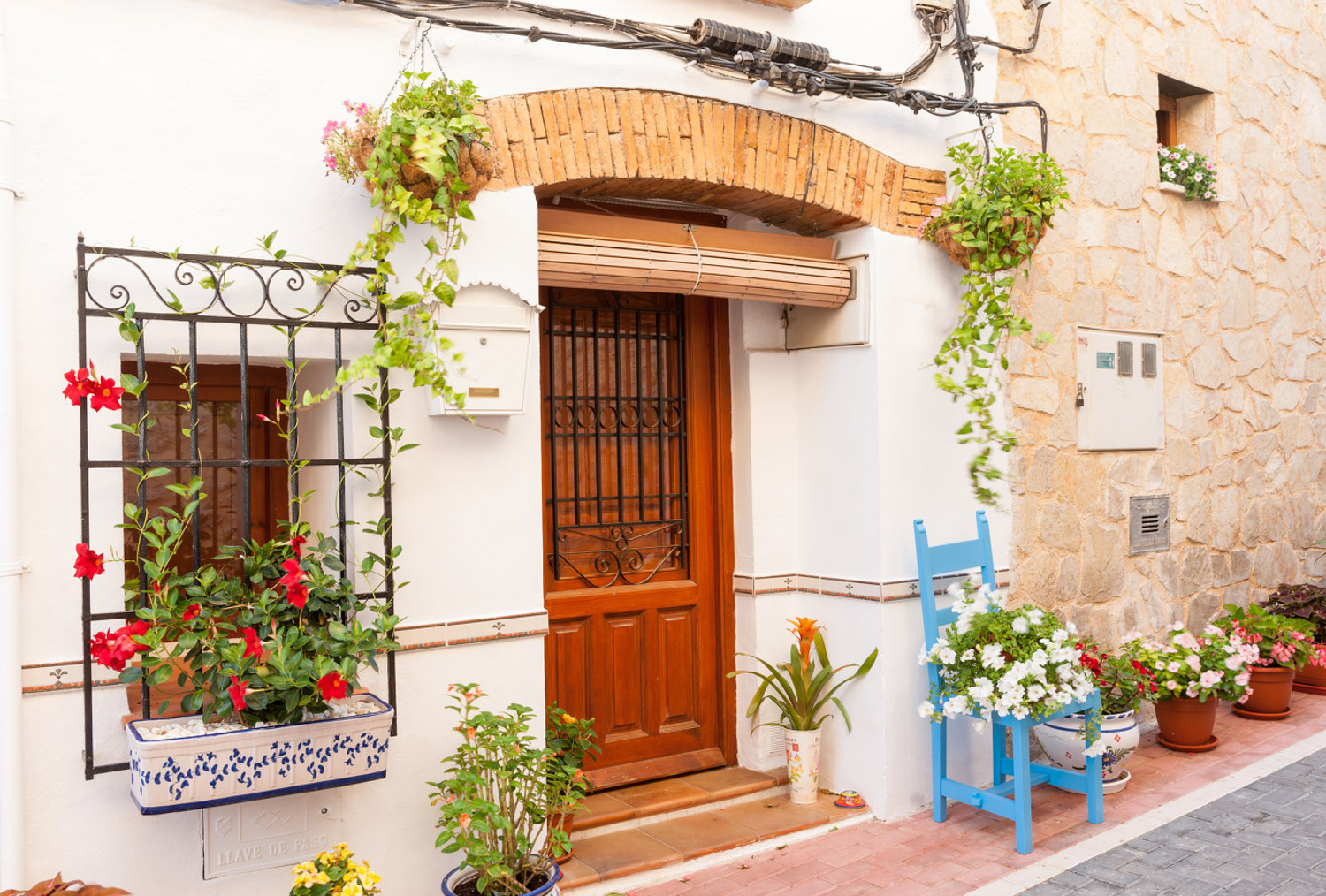
After pruning
▼
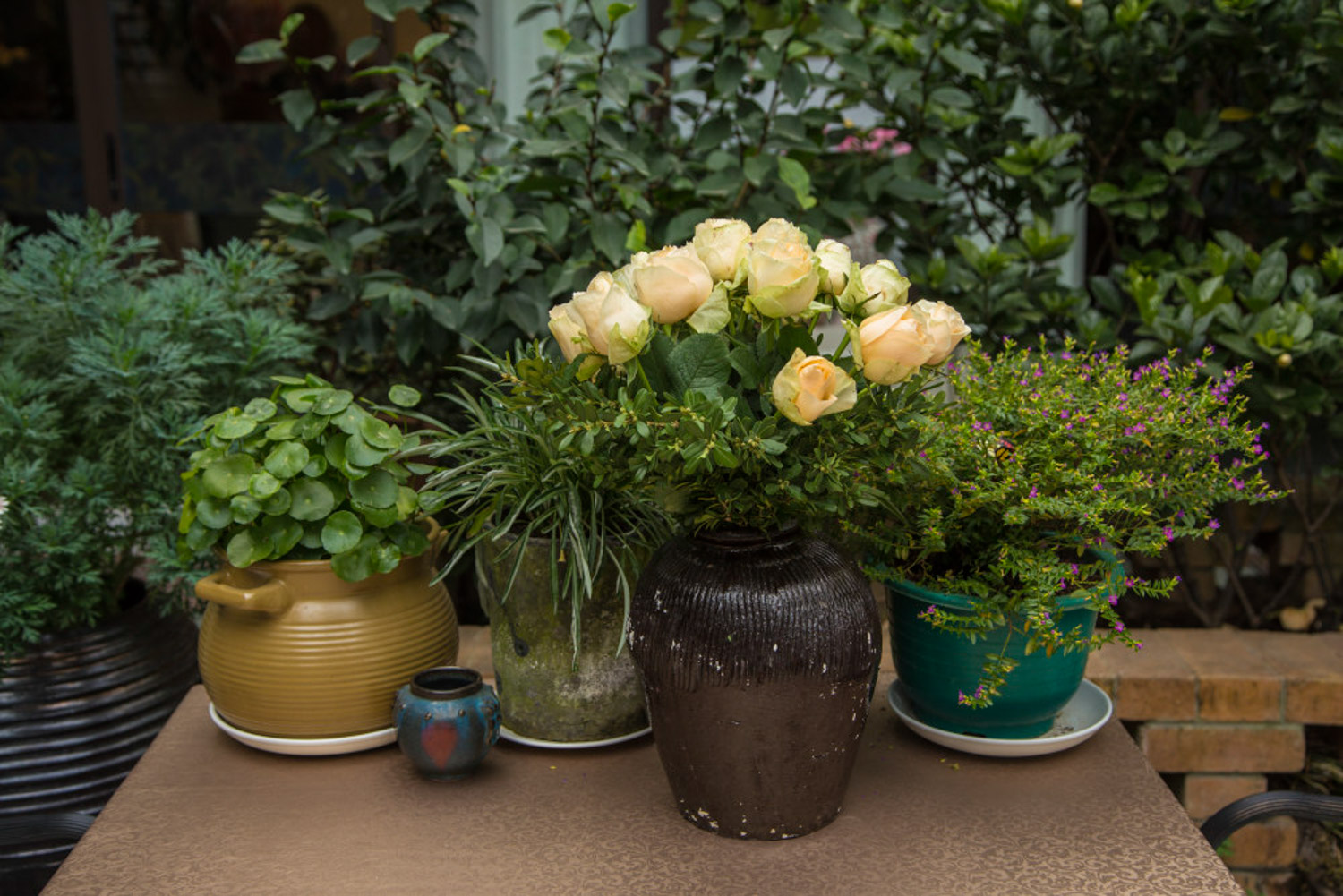
3 pre flowering pruning
Before Jasmine blooms, it is necessary to top jasmine, one is to control overgrowth, the other is to make Jasmine have more lateral branches
Start counting from the bottom, 1 ~ 2 pairs of blades, and then remove the top
Before pruning
▼

After pruning
▼

4. Pruning after flowering
After Jasmine blooms, the remaining flowers should be cut off in time in order to reduce the consumption of nutrients so that Jasmine can bloom again
Cut off the remaining flowers and a pair of leaves below. If the flowering branches are very slender, you can increase the pruning length as appropriate, because the thinner and longer the branches are, the fewer flowers can bloom. The specific trimming position is shown in the figure below

Before pruning
▼

After pruning
▼


 how many times do yo...
how many times do yo... how many planted tre...
how many planted tre... how many pine trees ...
how many pine trees ... how many pecan trees...
how many pecan trees... how many plants comp...
how many plants comp... how many plants can ...
how many plants can ... how many plants and ...
how many plants and ... how many pepper plan...
how many pepper plan...